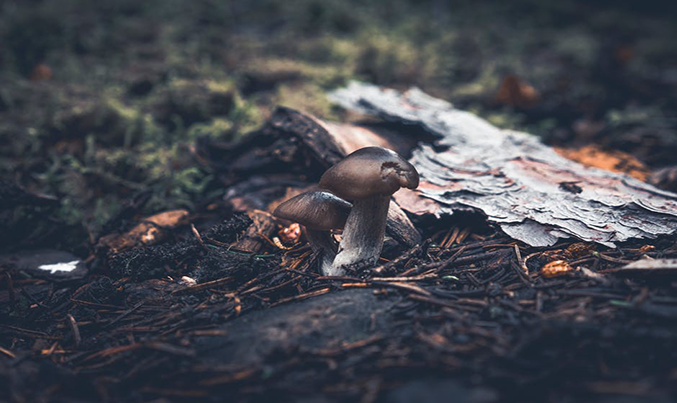Coal hampers Indonesia’s food production
A report from the Waterkeeper Alliance and the Mining Advocacy Network states that around 1.7 million tons of rice per year have already been lost due to coal mining; and another 6 million tons of existing rice production per year is at risk if coal mining explorations will still pursue.
Researchers have found that coal enterprises cover 19 percent of the 44 million hectares (170,000 square miles) of Indonesia’s rice fields. That is 1.6 million hectares within operating mining concessions and 6.5 million hectares within coal exploration businesses. The result has a worrisome effect toward Indonesia’s food production—a big barrier to the country’s goal of achieving self-sufficiency when it comes to food.
“If things were managed properly, we wouldn’t need to import rice anymore,” Merah Johansyah, coordinator of the Mining Advocacy Network said. “This is only rice, we have yet to report on other crops.”
The report further states that coal mining results in water contamination, leaving previously cultivable land unsuitable for growing food. Fifteen samples from 17 coal-mining sites and surrounding waterways revealed to have concentrations of aluminum, iron, and manganese—all of which can destroy crop production and fish farming.
Aluminum toxicity in plants reduces root systems, which brings a variety of nutrient-deficiency symptoms. Iron toxicity causes similar problems, potentially resulting in poor plant growth and severe yield reductions at concentrations above 10 parts per million (ppm). For aquatic life, iron has been found to cause fish kill even at concentrations as low as 1ppm.
Indonesia’s status as the biggest mine exporter to China, India, South Korea, and Japan is posing a huge hurdle toward its continuous effort in saving their agricultural sector. While Indonesia’s law allows abandoned mining sites to be used for housing and tourism, its food production will remain in the danger zone until the country finally focuses its expertise on other sustainable industries.











